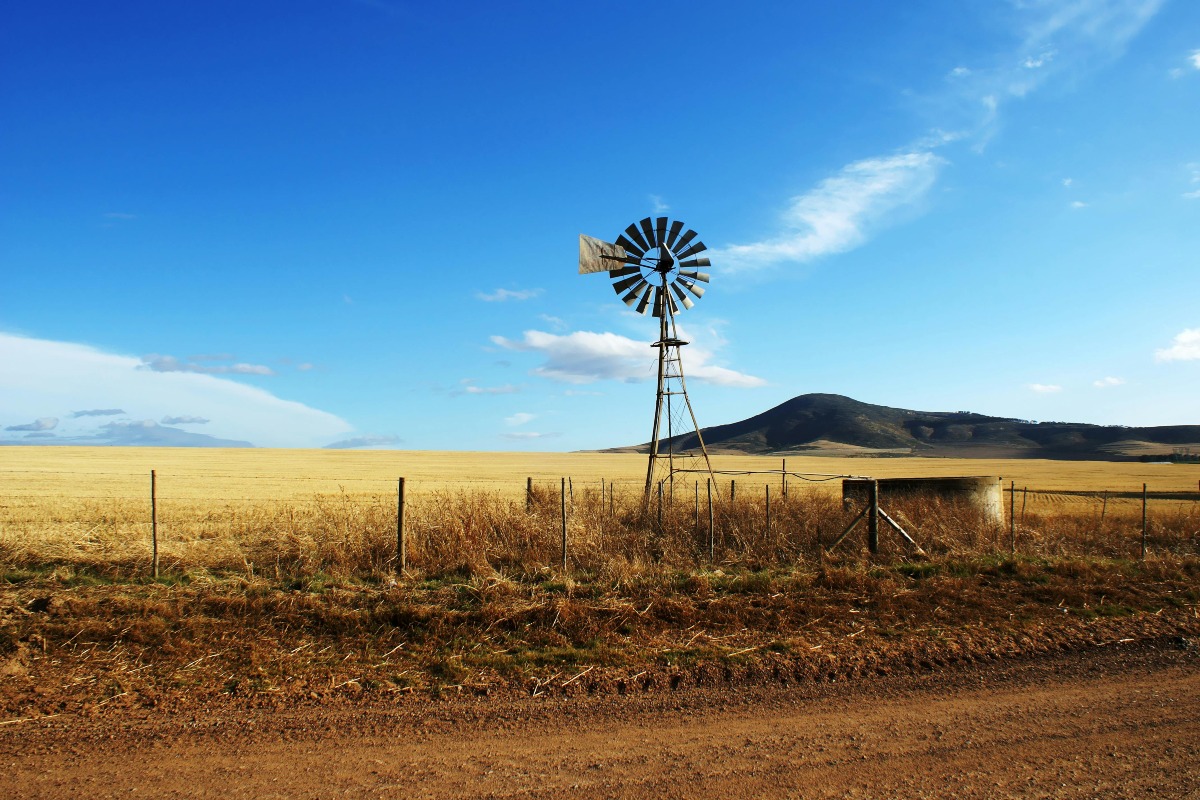Moving towards addressing the lingering effects of apartheid, South Africa has taken a step toward land reform. President Cyril Ramaphosa recently signed an expropriation act. This initiative has reignited discussions about land ownership and racial inequality in the country. This new legislation wants to bridge the stark divide that still exists three decades after the end of white minority rule.
As reported by Reuters, statistics paint a clear picture of the imbalance. Nearly 26 million hectares of privately owned land — about three-quarters of the total — remain in the hands of white South Africans. However, white South Africans make up just 8% of the population. In contrast, Black South Africans, comprising almost 80% of the country’s 60 million inhabitants, own a mere 4% of privately-held land.
South Africa’s Expropriation Act
The newly signed Expropriation Act grants the government powers to redistribute land. With that also comes the possibility of expropriation without compensation in extreme cases. This legislation has been met with mixed reactions, reflecting the complex and sensitive nature of land reform in South Africa.
Proponents of the act, like legal expert Tembeka Ngcukaitobi, view it as a crucial step towards fulfilling the promise of economic emancipation that accompanied the end of apartheid. “The idea is that our freedom was not complete in 1994 because the promise of economic emancipation was not fulfilled,” Ngcukaitobi explains to Reuters.
However, the act has also stirred concerns among some landowners. Critics, including pressure groups like Afriforum, worry that the legislation could lead to land grabs and threaten basic property rights. The land reform issue has attracted international attention, most notably from former U.S. President Donald Trump. In a recent executive order, Trump froze U.S. aid to South Africa. Trump cites concerns over the country’s new land law. The U.S. president accused South Africa of “confiscating land” and treating “certain classes of people very badly.”
Trump’s executive order goes beyond freezing aid. It also directs the U.S. government to formulate a plan to resettle South African farmers and their families as refugees. This move has been criticized by the South African government. They describe Trump’s actions as based on “a campaign of misinformation and propaganda.”





